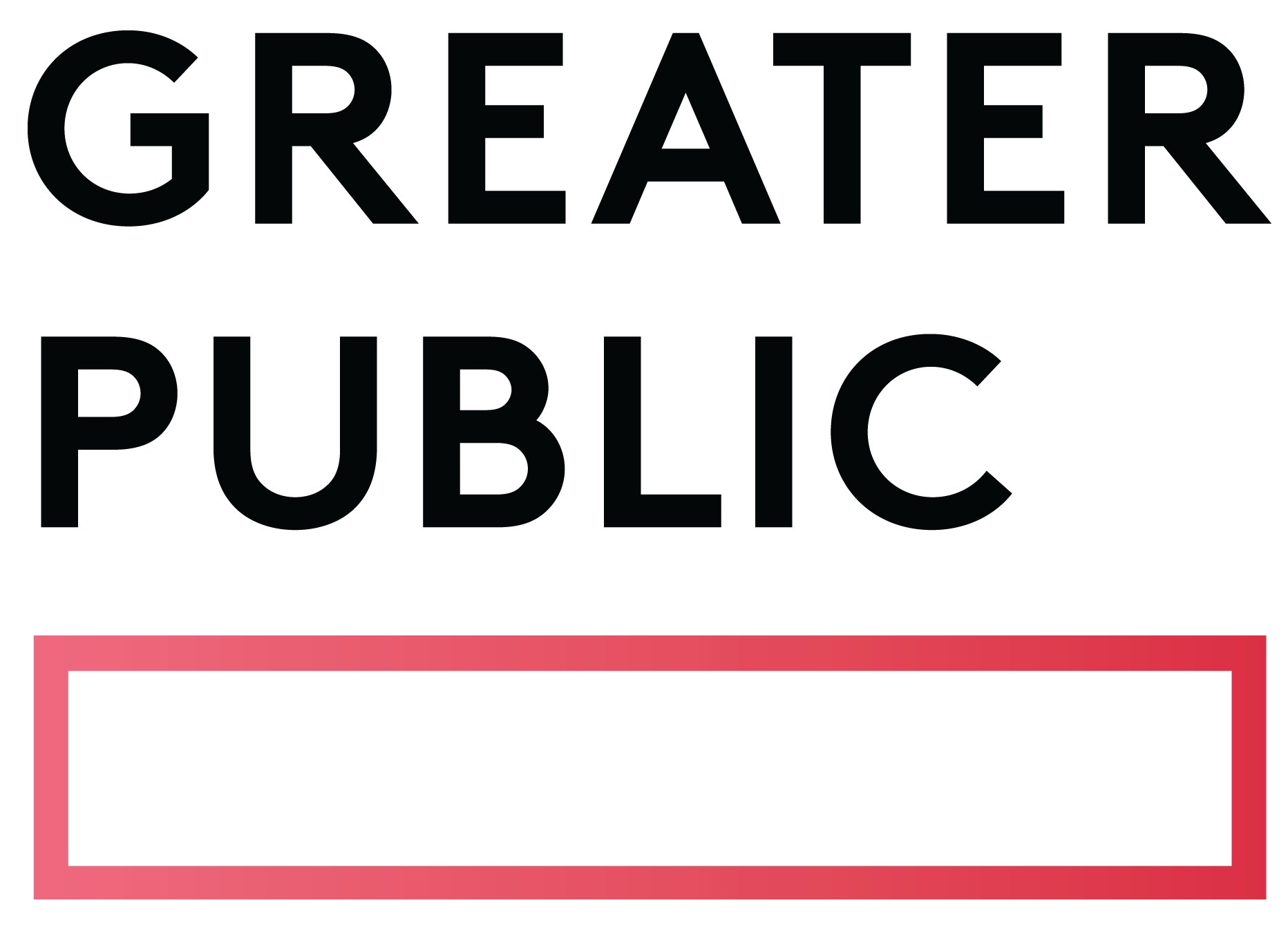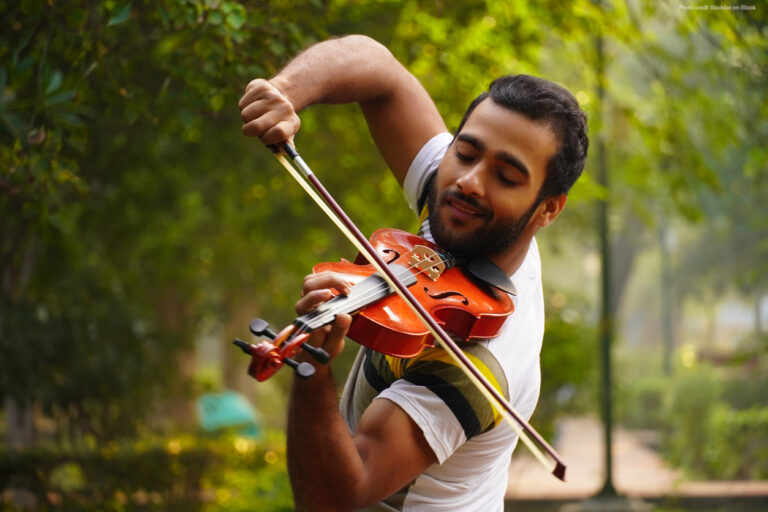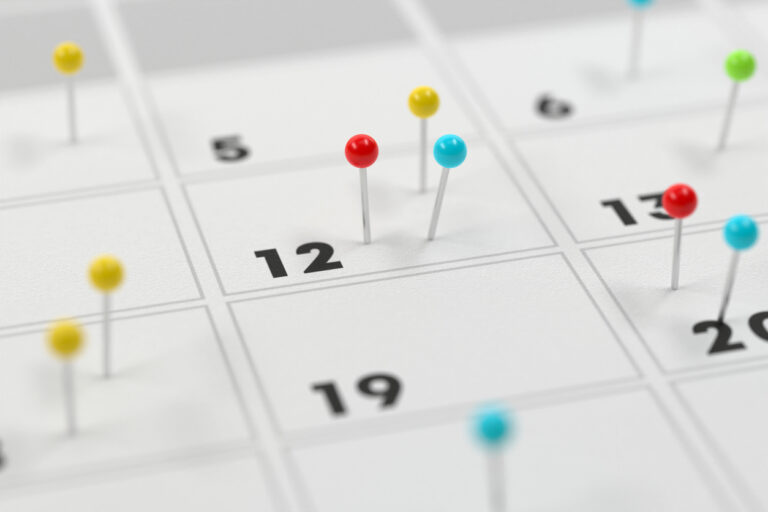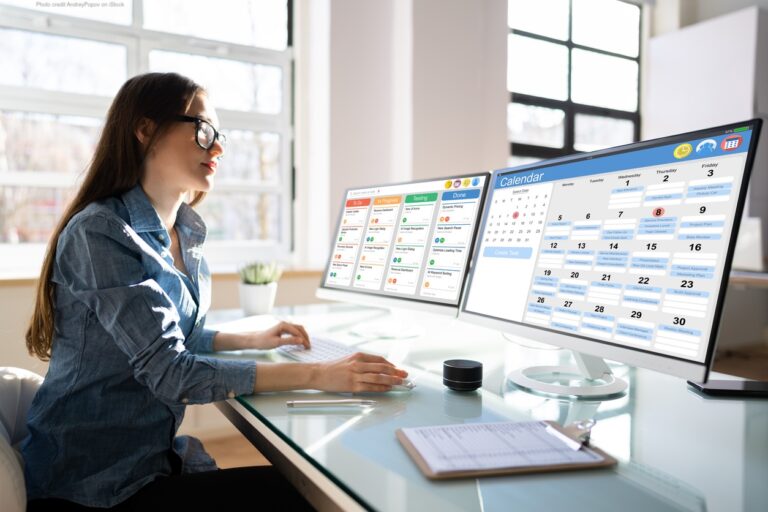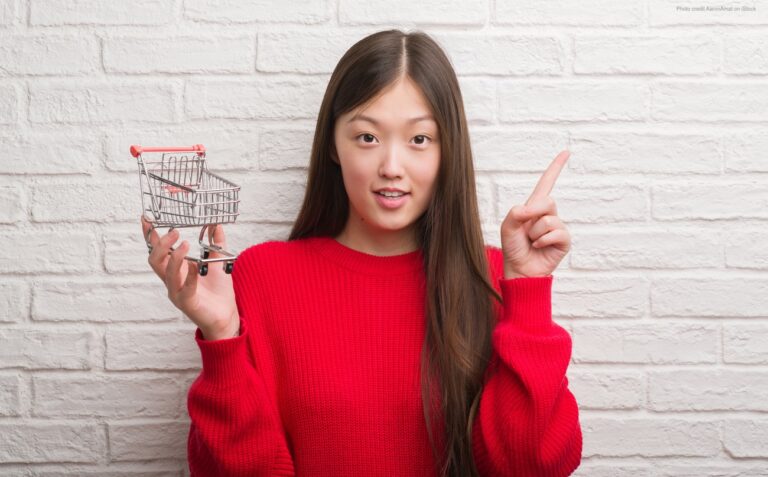Related Articles
A Guide to Mapping Sponsors to National Promotional Events for 2026
December 16, 2025 by Anna McDonald
Subscribe to the Greater Public newsletter to stay updated.
This site is protected by reCAPTCHA and the Google Privacy Policy and Terms of Service apply.
